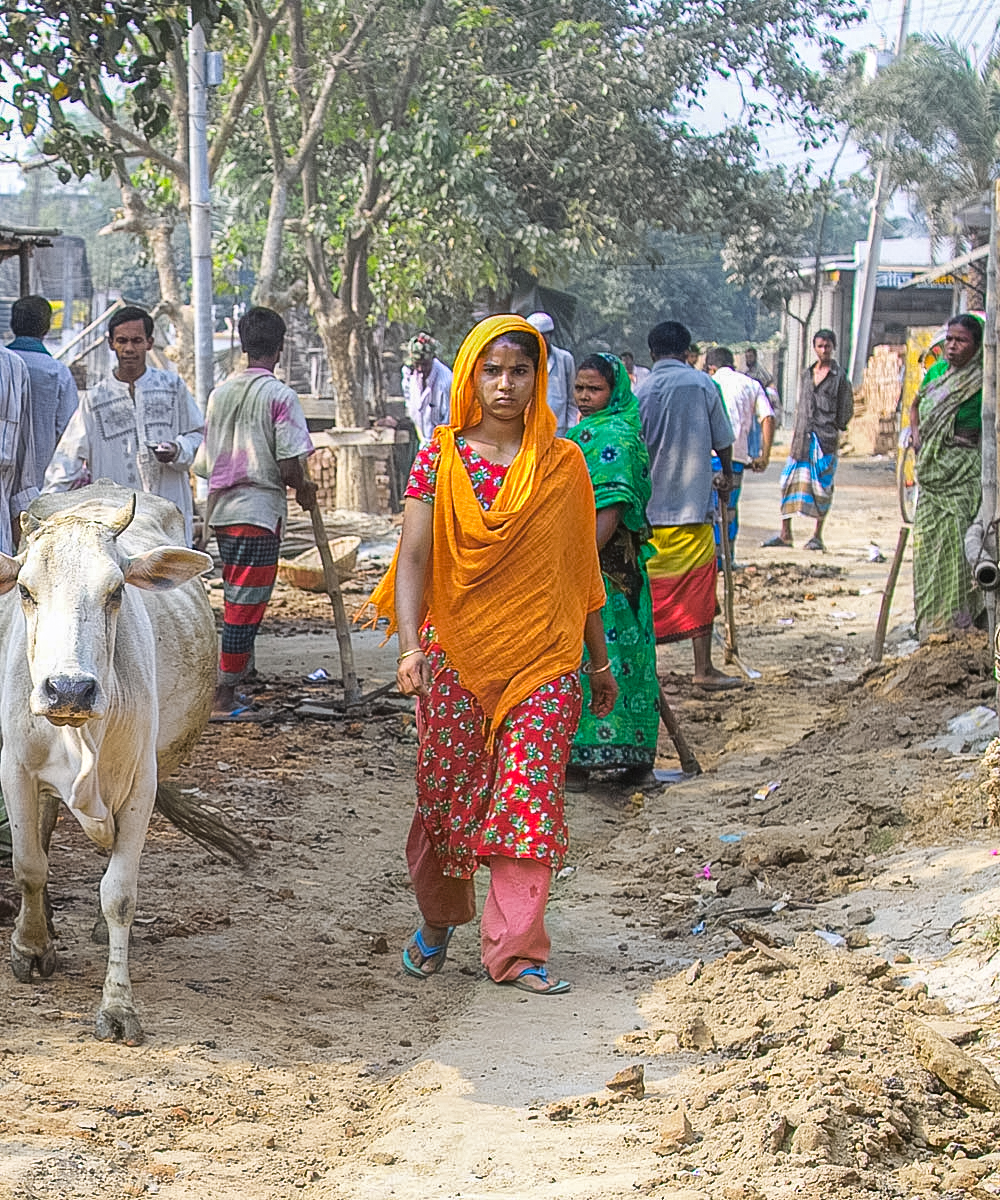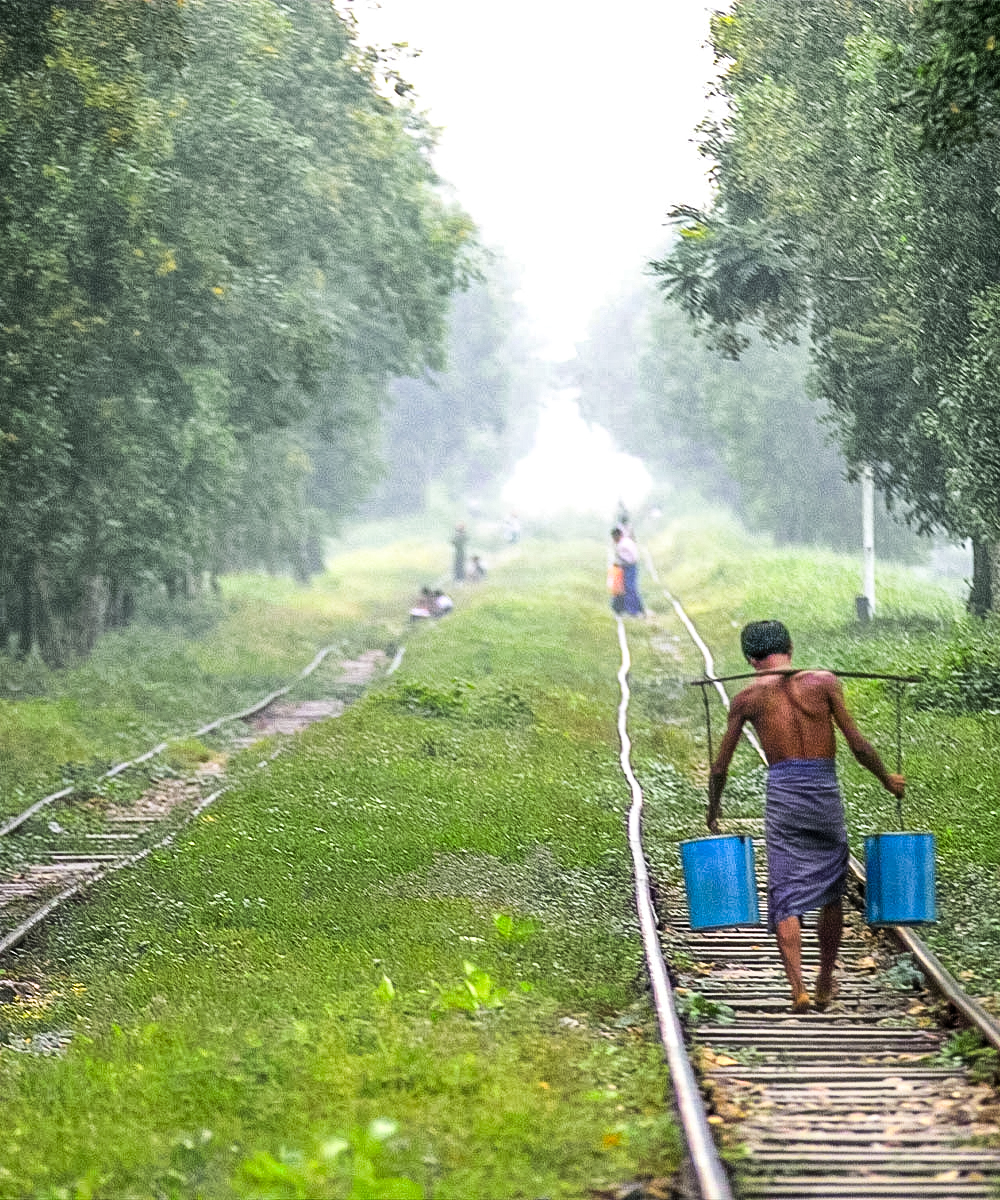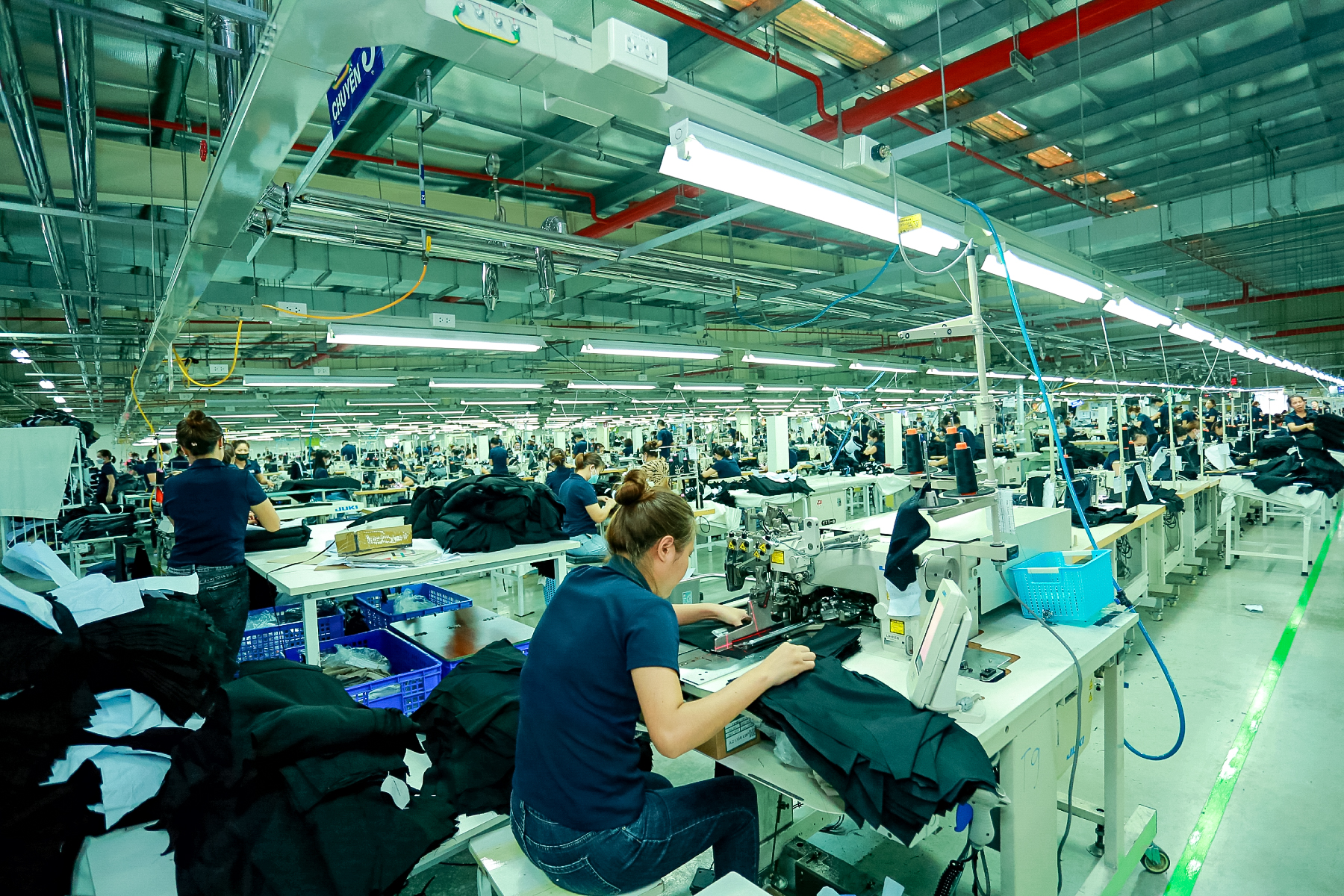APPROACH
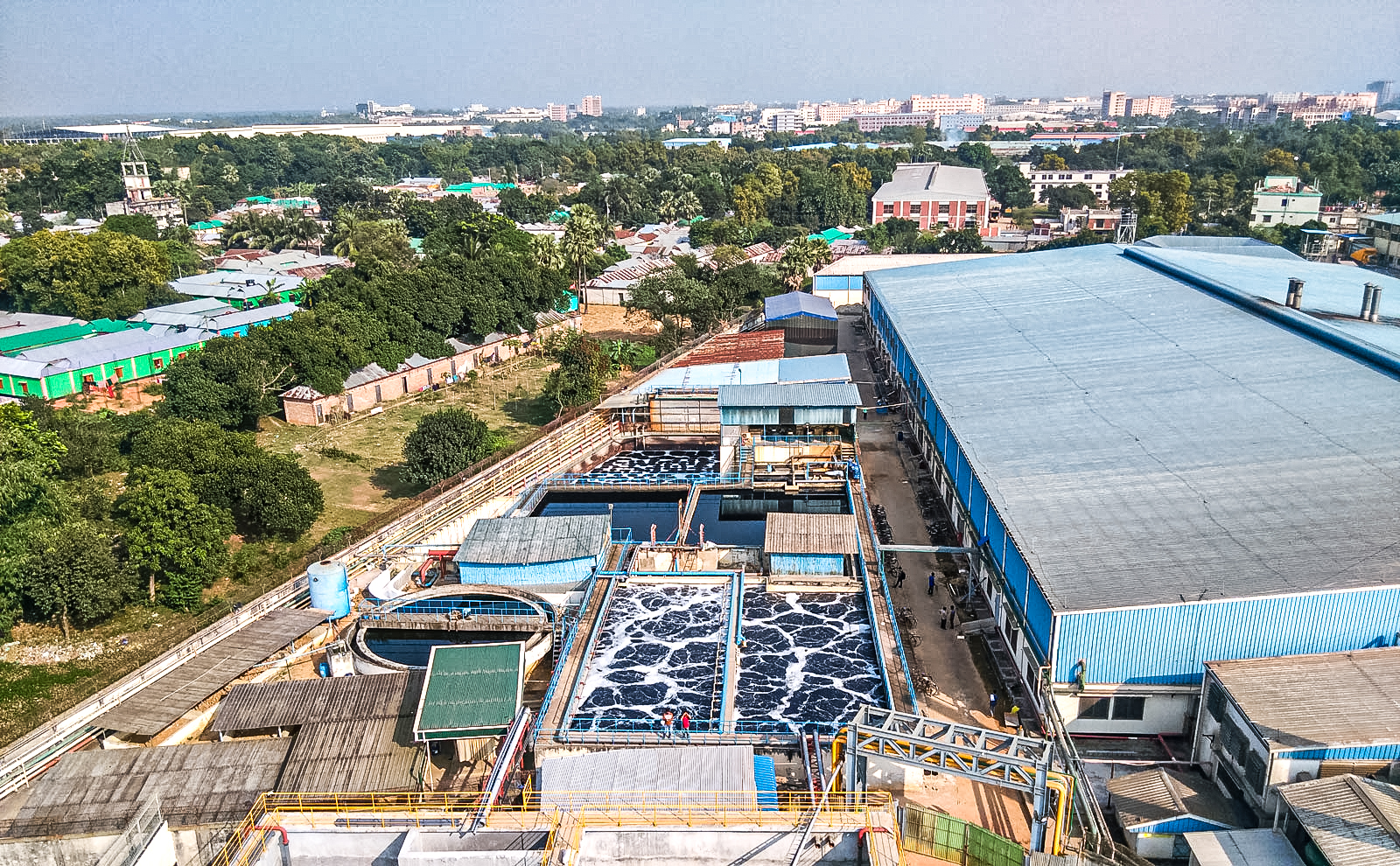
Reason why we care about
visualization and transparency
As sustainability is valued, manufacturing on the assumption of mass consumption is in the process of making a major shift toward the future. Our sewing business in the fashion industry is also improving in many aspects, such as environmental issues and workers’ rights. Now when the “scrap and build” method has reached its limit, the most important point to resolve issues is “visualization.” We believe that problem awareness cannot be shared until every process is made “transparent” by disclosing fact-based data. In order not to end this endeavor, which offers potential for the future as a temporary mood or trend, we pay particular attention to situational visualization and organizational transparency.

Addressing the task at hand
Sewing business cannot be done without people. Therefore, we have grown by moving our production sites overseas in search of a more abundant labor force, and cultivating the industry in those regions. However, such development of new production sites is about to reach its limit. For future manufacturing, not only production capacity but also “production responsibility” and “accountability” are required. “By whom,” “where,” and “how” products are made must demonstrate accountability at all times. We, making things in our own factories, have worked on disclosure of such data and improvement of problems earlier than others. That is the most important step necessary to significantly change the future.
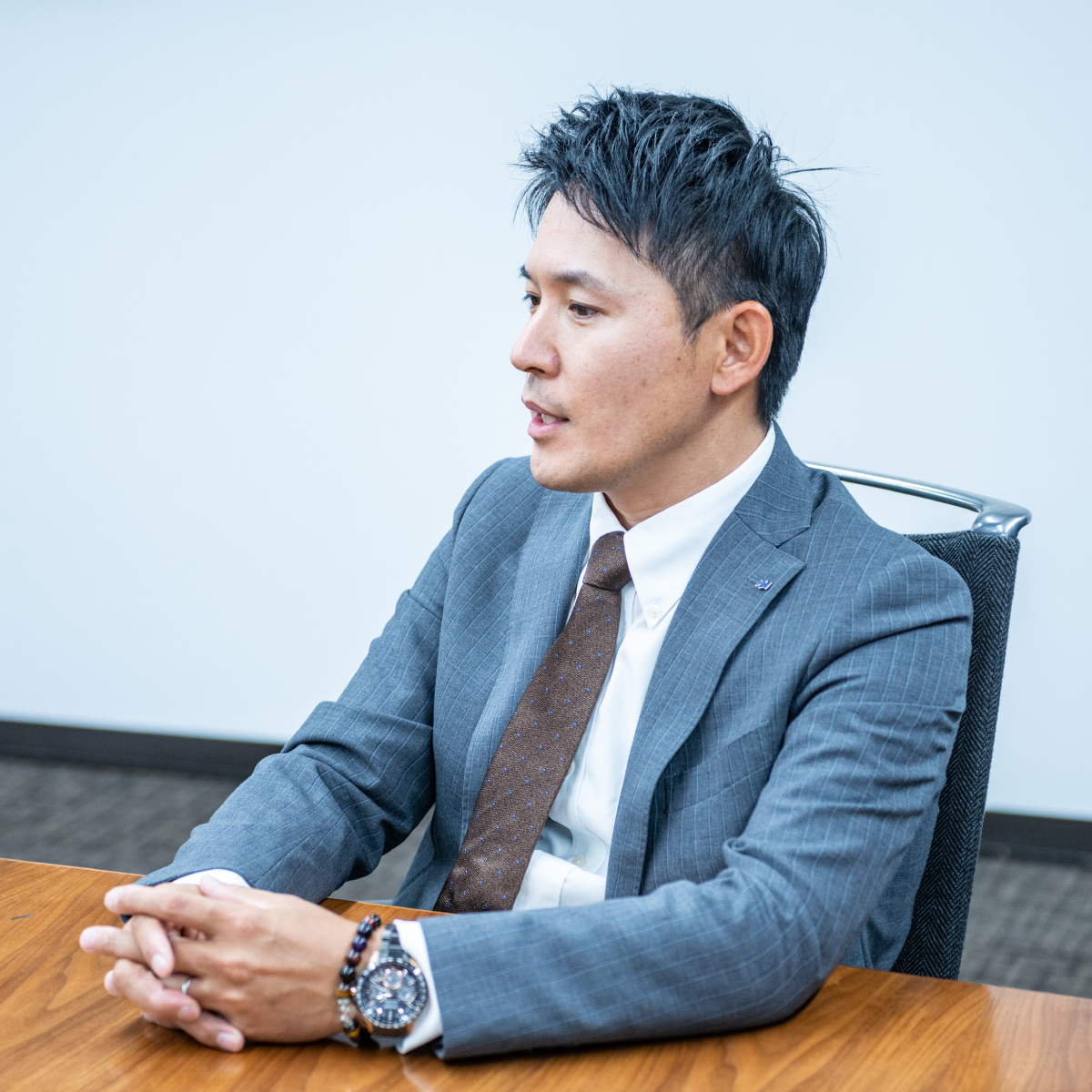
Our sustainability
We believe it is important for our factories to remain rooted in their regions as long as possible. We must operate our factories so that they run at a stable capacity, and ensure reasonable profits to protect the livelihoods of our approximately 20,000 colleagues. We cannot easily give up making regional contributions and paying taxes to respective countries. In particular, in developing countries where our factories are located, the sewing business supports the employment of women and their household income. For that reason, we also feel a great responsibility. We improve workplace environments according to each factory, such as providing breakfasts and lunches, and setting up nursery and medical care offices. Furthermore, we are making efforts so that workers can practice at their home and in local communities what they have learned in enhanced educational environments. These are actions for so-called SDGs, but these initiatives are what we have been doing all along to continue our business. The time have changed, and society has come to recognize and appreciate such efforts. This has given us the courage to display our values more openly.
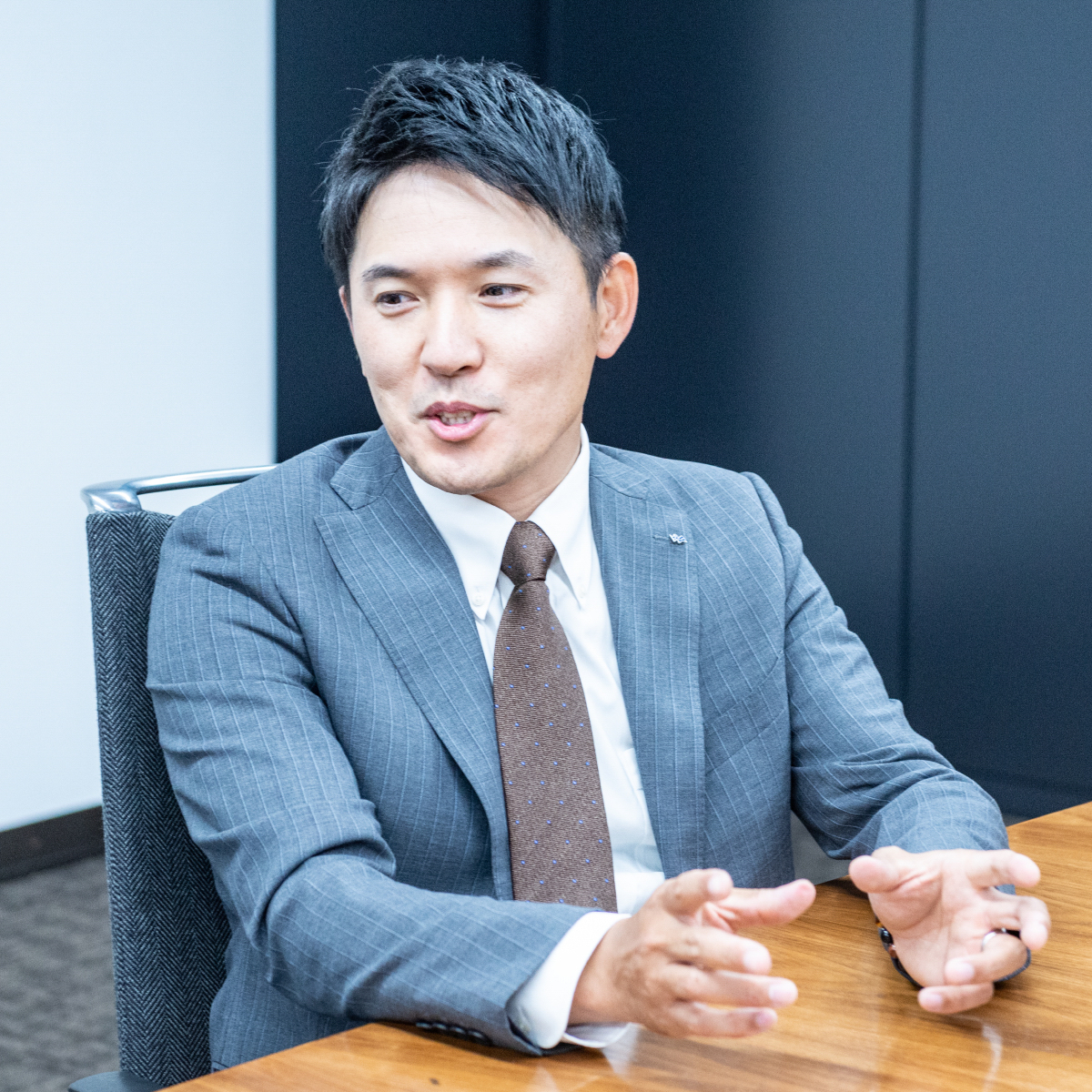
Taking the garment industry to the next stage!
Now, distance between people and language barriers are disappearing more and more due to the remarkable progress of IT technology, robotics, and other factors. When everyone can communicate freely with each other, where do they want things made? Which manufacturer do they choose? What is more important than anything else is trust. So, we strive to make various processes transparent, and visualize every situation. Factories that have nothing to hide are, so to speak, “strong factories.” Therefore, we aim to ensure strong factories that can compete on the world stage by making active investments in equipment and human resources. This is one of the directions that the manufacturing industry has not explored that much. People will surely prefer "strong factories" when they are given the choice. We would like to continue to be an earnest and honest company aiming for a world in which all people who wear clothes and people who make clothes are truly happy.

Director, Managing Executive Officer, General Manager of Business Headquarters,
General Manager of Business Department 1 and Sales Department 3


